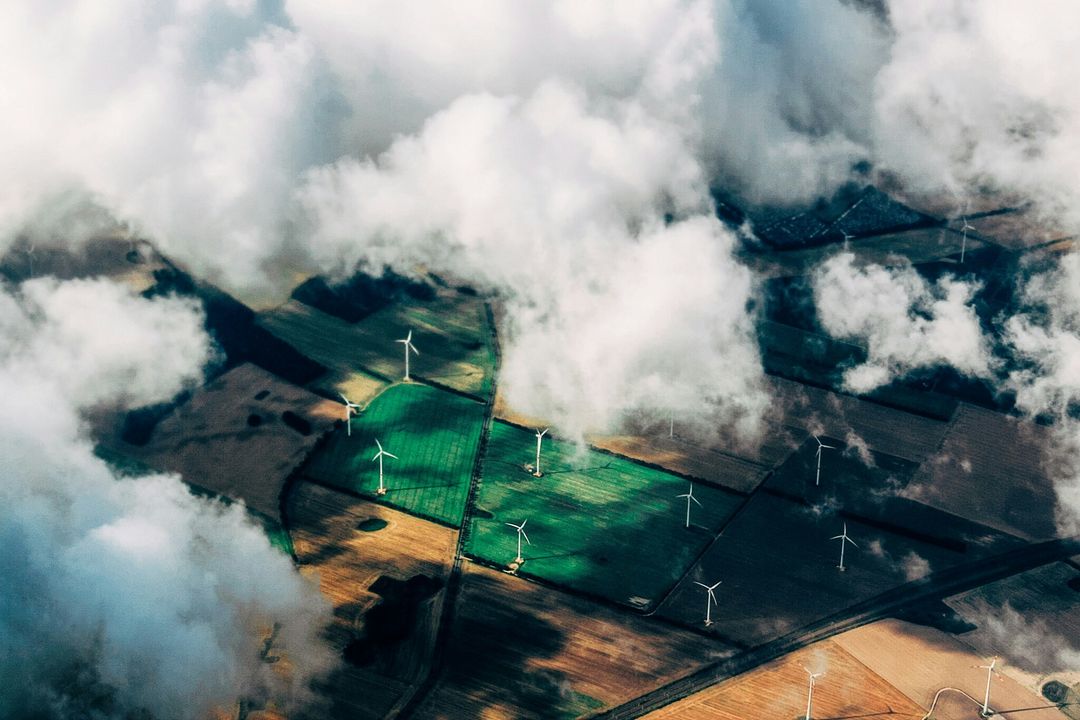- Led by Kenya, Barbados and France, the task force’s progress report highlights critical steps in coalition-building, impact assessments, and technical research into levies on maritime fuel, aviation, fossil fuels and financial services.
- New proposed levies are now being considered on cryptocurrency to reduce mining emissions, and plastics production levy to tackle pollution.
- Political will is building to find new, equitable sources of climate and development finance, as five new countries joined the Coalition for Solidarity Levies at COP29: Sierra Leone, Zambia, Fiji, Djibouti and Somalia.
Baku, Azerbaijan, 14 November 2024 — The Global Solidarity Levies Task Force: For People And The Planet (GSLTF) has today released its progress report at COP29, unveiling a range of policy options for levies on shipping, aviation, fossil fuels, financial transactions and carbon pricing. It has also announced it will explore additional options such as levies on cryptocurrency and plastics production, and has the potential to coordinate a minimum effective taxation standard for ultra-wealthy individuals – something currently being considered at the G20.
Led by Barbados, Kenya, and France, the task force was formed to address a critical gap in climate and development finance, as large parts of the economy pollute the planet but contribute little to public finances, development and climate mitigation. Its mission is to introduce feasible, scalable, and equitable levies on high-emission sectors, ensuring that industries contributing most to climate change pay a fair share toward climate action and sustainable development.
Since its inception, the Task Force has undertaken in-depth technical work and built a coalition of willing countries committed to implementing climate levies at a global level. This coalition has grown to include 17 countries and partner organizations/observers including Spain, Senegal, Denmark, the African Union and the European Commission.
The progress report outlines a range of policy options identified in the task force’s research:
- Aviation Levy: Policy options being considered include a kerosene fuel levy, including a coordinated levy on private jet fuel, and ticket levies on luxury tickets and frequent flyers. These could generate between $19 billion and $164 billion annually, depending on design and scope.
- Fossil Fuel Levy: A mix of levies on fossil fuel extraction, windfall profits, an increased minimum multinational corporate tax rate or a mixed levies instrument varying by country, to meet a minimum international standard.
- Financial Transactions Levy: Options include revitalising EU efforts to design a global levy by mobilising a coalition of willing countries adopting measures on stock, bonds and derivatives, working towards a global harmonisation of financial transaction levies. This could include a 0.1% rate on stocks and bonds instruments and a 0.01% rate on transactions of derivatives.
- Maritime Shipping Levy: The task force supports the ambitious work of the International Maritime Organisation to introduce a maritime levy. A levy on greenhouse gas emissions from international shipping could yield up to $127 billion per year, based on a “well-to-wake” levy of $150-$300 per tonne of CO2e.
In addition to the core levy areas, the task force also sets out additional sectors that could be levied to address multiple environmental and social challenges:
- Plastics production levy: A levy on primary polymer production, set at $60-90 per tonne, could raise $25-35 billion annually, supporting actions against plastic pollution.
- Cryptocurrency levy: Recognizing the high energy demand of crypto mining, a $0.045 per kWh levy could reduce emissions while generating $5.2 billion in revenue.
- Ultra-high-net-worth individual tax: A coordinated minimum 2% tax on billionaires, recently discussed at the G20, could yield $200-250 billion, fostering a fairer global tax landscape.
Impact assessments and consultations will be conducted before concrete policy proposals are presented by the IMF-World Bank Spring Meetings in April 2025. The task force is calling on all countries to join the Coalition for Solidarity Levies and work together to create an equitable, sustainable funding model for climate and development finance. The coalition will continue building political momentum and engaging willing countries over the next year, to back the adoption of the final solidarity levy proposals at COP30.
Prof. Laurence Tubiana, Co-lead of the Global Solidarity Levies Task Force Secretariat and CEO of the European Climate Foundation, says: “One of the founding pillars of the Paris Agreement is financial solidarity between developed and developing countries. Such solidarity makes it possible for all countries to gradually raise their national ambitions to achieve the goal of limiting temperature rise to 1.5°c.
“However, there can be no climate justice without fiscal justice, as all countries are facing the same challenge: how to fund the transition while ensuring that those with the greatest means and the highest emissions pay their fair share. This is the aim of the Global Solidarity Levies Task Force: between now and COP30 in Belem, we want to put forward concrete options for global solidarity levies to provide new predictable, stable and concessional sources of finance.”
ENDS
Notes to editors
You can access the full report Scaling Solidarity: Progress on Global Solidarity Levies here.
For further information, please contact:
Ines Lefebvre du Prey
[email protected] / +44 7949 650966
or



